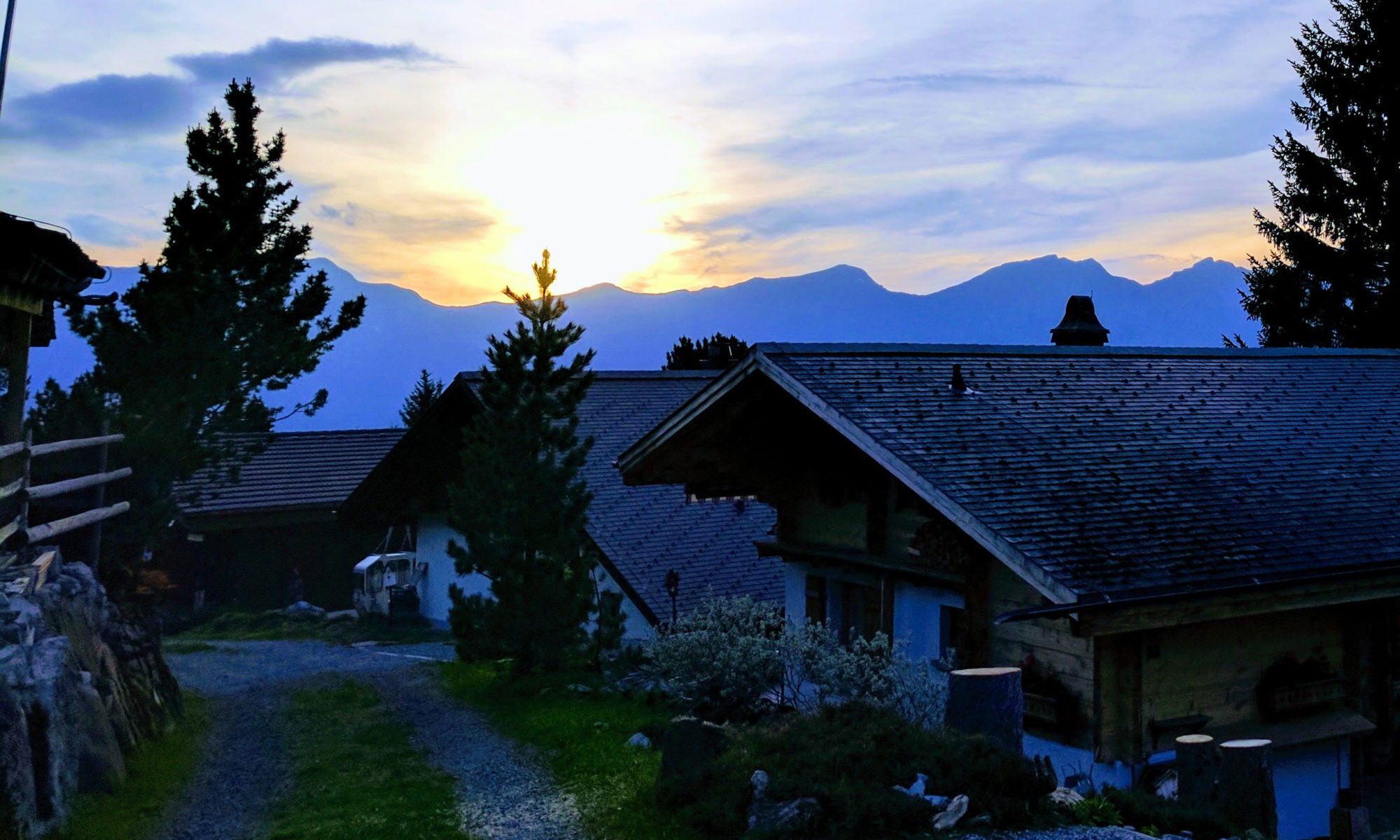All our lives we’ve been taught to sort stuff into squared slots and shelve them
into little recurring time tables when we were kids,
perfect cubical wardrobes when we grew up,
and as justified lines and paragraphs of text as we got introduced to paper.
So that we are organized, easy to understand, fit into definitions, thus normalizing our lives.
So that we establish brotherhood, rely on similarities to recognize our kind.
And it is necessary, as uniformity feeds into the stability machine.
But what is stability?
A glass bottle kept on a table with all legs of equal height on an even platform?
A flexible building made to adapt to earthquakes a rigid one won’t?
A tight-rope walker performing on his best day?
One leg following the other in a perfect line suspended in mid-air.
But how can it be all?
A glass bottle may shatter sooner than the wink of an eye,
Quakes do not define buildings like people do,
and the very notion of stability in mid-air is truly laughable.
But we wish for stability.
Like swimming ropes we stick to the notion,
And if we happen to lose grip on it, we search for it –
within a lover’s arms, in conversations with friends,
scrolling under the blinding glares of our white screens,
in paragraphs of text, in our daily buses and routines,
at our workplaces and our homes, in our food,
in little choices, through our attires and things in our room.
We search for it – like running through mazes of gibberish mind-paths
to find that perfect word we cannot find in the most organized thesaurus,
now on the tip of our tongue, now slipping to another black-hole in our brains.
Because we forget, even as we search frantically through lines of nested definitions,
that no two words can ever have the same meaning,
and stability does not mean happiness.
Or family. Or the perfect career. Or friendship. Or love.
It just means itself. And it is transient.
Because we forget, in our quest to employ our hands to control everything we can, that we can’t.
No matter how many times we go through the numbers and justifications,
we are not seers, and we are not the only ones running the world, or living in it.
That we cannot be sure of anything, but change.
That stability is the sandcastle which will not stay no matter how grand we make it,
That when worldly waves wash over it, it may put up a mighty fight,
with all the battalions and toy soldiers we fashioned ourselves,
but it will even out to be sprinkled with shells just like all the surrounding sand,
That this admirable fight may only be remembered in our memories,
That even this is alright, and acceptable, and commendable, even,
For this is how new sandcastles can be built.


